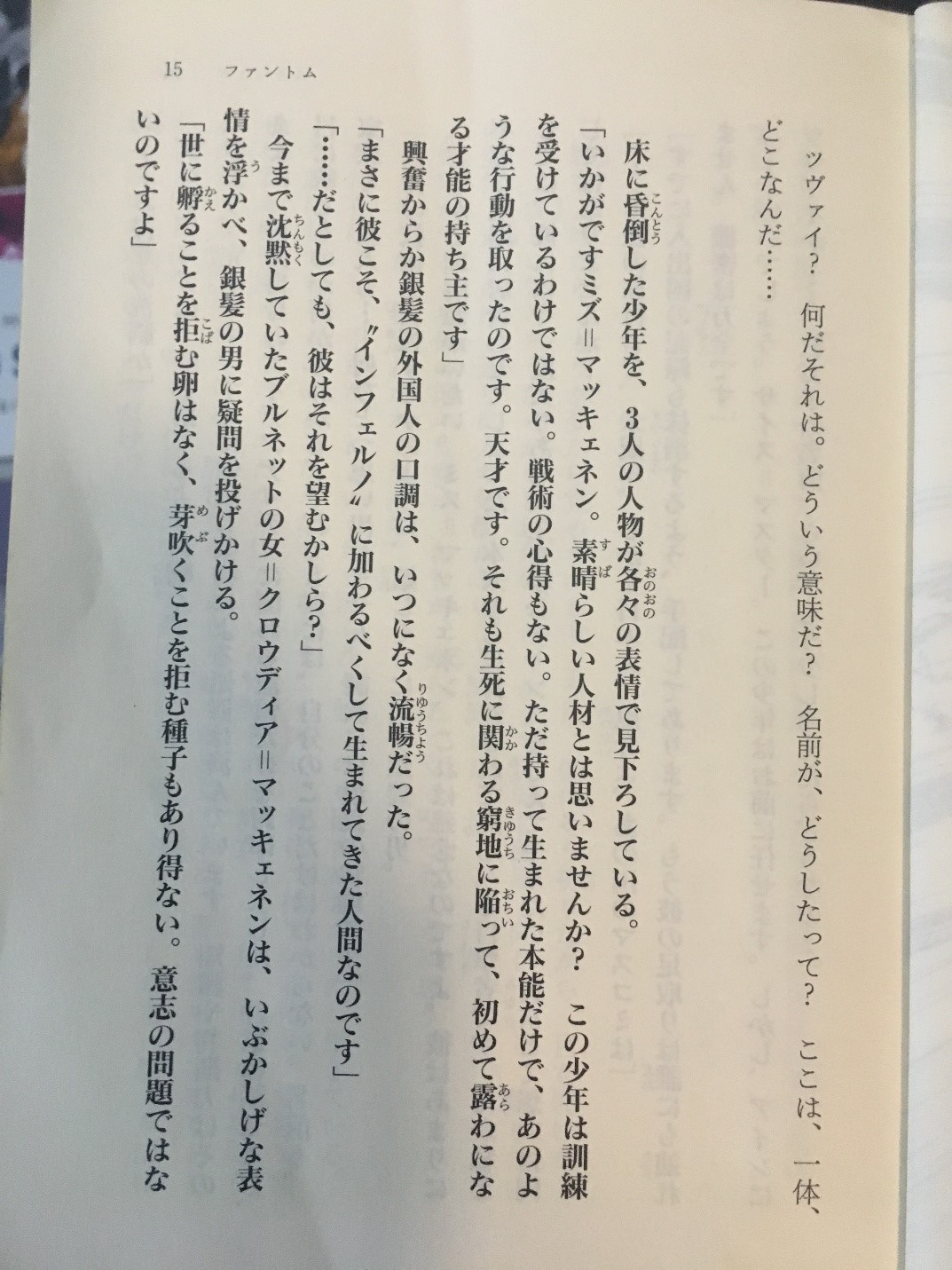I'm translating the following sentence from a book (exact sentence is directly after dialogue in the picture).
興奮からか銀髪の外国人の口調は、いつになく流暢だった。
I have absolutely zero clue what "からか" means in general and in the context of the above sentence, as I've never encountered it before in my Japanese classes (I know what "から" and the sentence-ending "か" mean, but not this). Can someone explain what it means?
Edit: Based on Ringil's answer, would the following be a possible, accurate translation while taking the からか into account?
"The doubtful interest in the silver-haired foreigner’s voice was unusually fluent."

